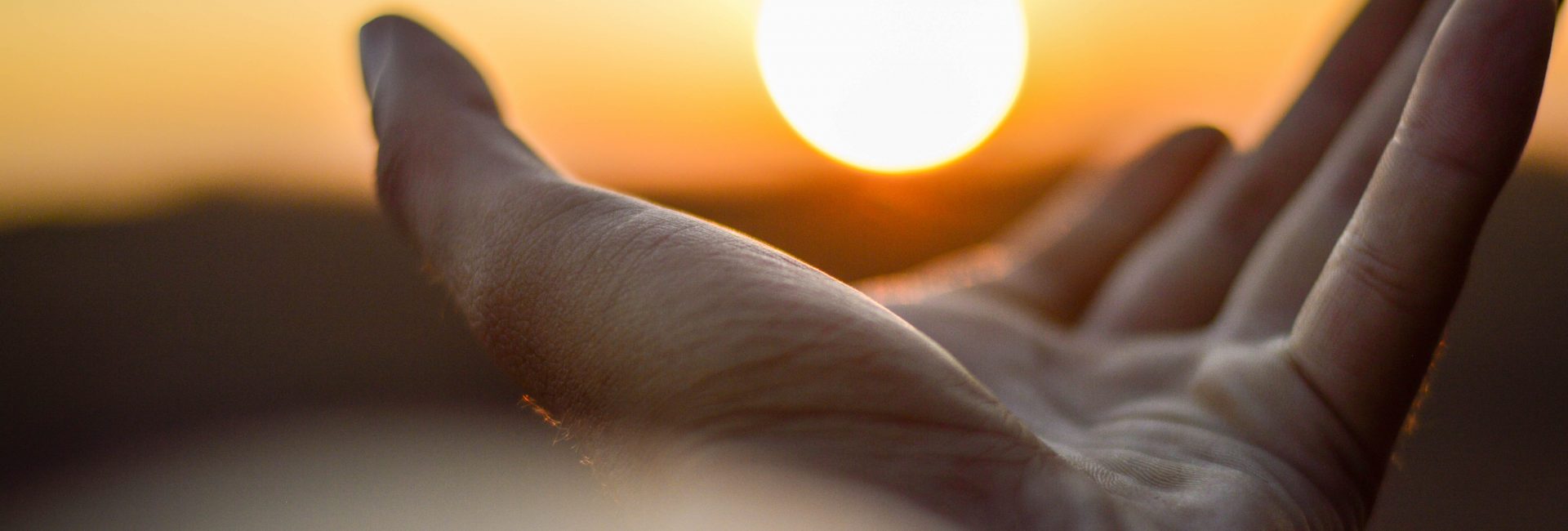What role does spirituality play in mental health? Does it do more harm than good, or is there real value in believing in some higher power?
This episode is for anyone who has struggled with their relationship to religion. It’s for those of us who believe in “something,” but have never quite defined exactly what that something is. And it’s for anyone who just wants to learn more about potential benefits and risk factors of incorporating spiritual beliefs into your life.
Here are two reasons why you should listen to the full episode.
- Hear some of Gregg’s own personal journey with religion & spirituality.
- Learn more about the strained relationship between psychiatry & spirituality.
Resources
- Listen to all TLBC episodes ad-free and get access to exclusive episodes when you join TLBC+!
- Do you need a step-by-step guide to build consistency in your life? Get a copy of The Consistency Code here!
Episode Highlights
Why Do So Many People Choose to Become “Spiritual But Not Religious”?
- While religion can play a powerful role in many of our lives, there is also a dark side that many organized religions have. Scandals, abuse, shame, and bigotry turn many people away from the religion they once believed in so whole-heartedly.
- Spirituality can mean whatever we want it to mean for ourselves, which is a very liberating concept for those of us who are ready to ditch the restrictions faced with organized religion.
What Do Mental Health Experts Think About Religion?
- Religion and psychiatry have had a strained relationship throughout time, but many experts believe that there is true value in turning toward a higher understanding of the universe during times of crisis.
- At least 50% of psychiatrists in a 2010 study found value in inquiring about the religious or spiritual affiliation of a client when conducting a mental health evaluation.
5 Powerful Quotes
- “Not only does our religious affiliation affect where we spend our Sunday, or Saturday mornings – it also affects how we see ourselves, how we identify to others, the decisions that we make, and, even if we decide to leave the church, the feelings that we have surrounding the decisions that we make as an adult.”
- “Speaking as someone who was raised religious but doesn’t personally believe, I’ve seen first hand the role that spirituality can play when dealing with mental health issues like anxiety, stress, overwhelm, and grief.”
- “When a religion or spiritual practice does more harm than good, it may be time to seek help.”
- “Researching what form of religion or spirituality works best for us, if anything at all, can help us gain confidence in our mental health.”
- “The principles of respect and moderation go a long way – respecting that we are all on our own journey and that we are in no place to judge or influence others on a path different from our own is the first step to improving our relationship to the world around us.”
Enjoy this Podcast?
If you enjoyed today’s episode of the Tiny Leaps, Big Changes Podcast, then hit subscribe and share it with your friends!
Want to give us a review? If you enjoyed tuning into this episode, then don’t forget to write a review. You can also share it with your loved ones so they can gain a better understanding of how religion/spirituality could be affecting their mental health.
Have any questions or suggestions? You can contact me through Instagram or send your queries at TLBC’s website, Instagram, and Twitter.
Hosted By: Gregg Clunis | https://www.instagram.com/greggclunis/
Instagram: http://instagram.com/tinyleaps
Twitter: http://twitter.com/tinyleaps





